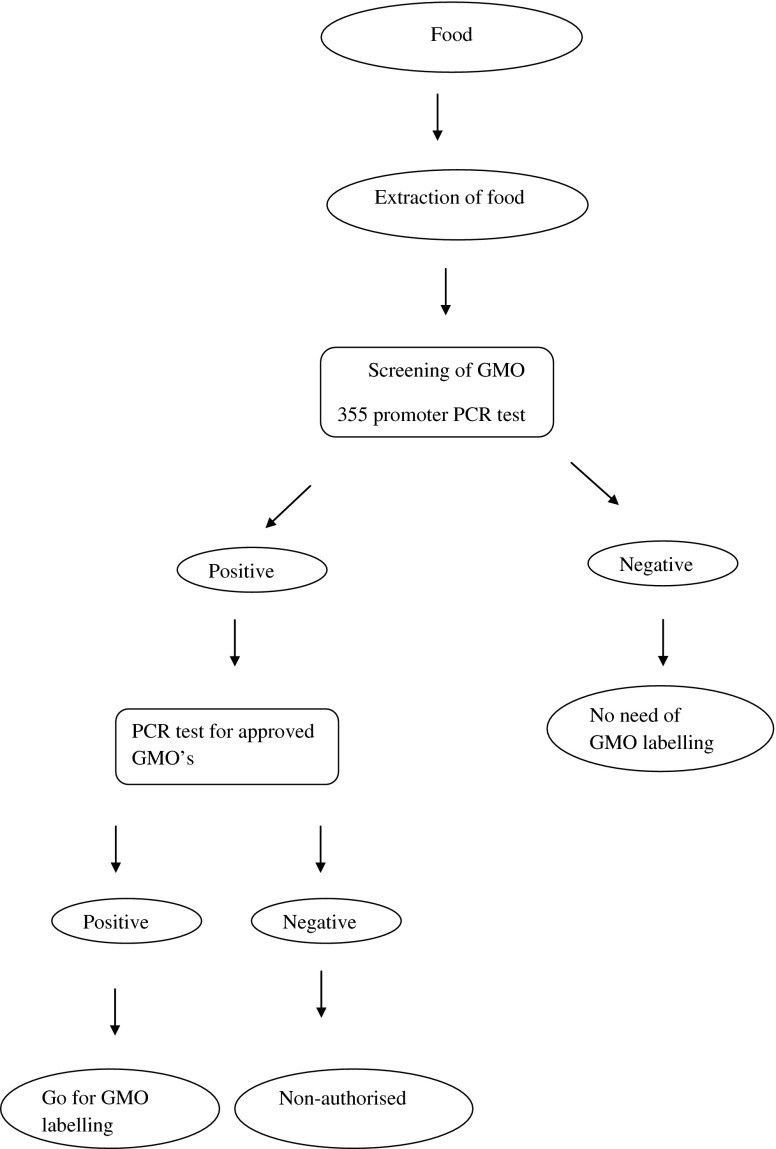Genetically Modified (GM) foods, engineered to enhance traits like pest resistance or nutritional content, have sparked considerable debate. While proponents tout benefits like increased crop yields and reduced pesticide use, critics raise concerns about potential negative impacts on human health and the environment. This article delves into the arguments surrounding the question: Why Are Gmo Foods Bad?
 GMO debate
GMO debate
Potential Health Risks of GMOs
One primary concern revolves around the potential health risks associated with consuming GMOs. These concerns include:
Allergenicity
Introducing new genes into crops could potentially introduce new allergens or alter existing ones. For instance, transferring a gene from a known allergen, like peanuts, into another crop could trigger allergic reactions in susceptible individuals. While rigorous testing is conducted, the long-term effects of consuming GM foods on allergies remain a subject of ongoing research. Existing allergen databases, like those listed in Table 1, help researchers identify potential allergenic proteins in GMOs.
Table 1. Various allergen databases provide crucial information for assessing the allergenic potential of GMOs.
Toxicity
Some worry that the genetic modifications in crops could lead to the production of toxins harmful to humans. Changes in metabolic pathways or the unintentional activation of silent genes could result in the accumulation of toxic compounds in the edible parts of plants. Adequate animal models and a deeper understanding of plant biochemical pathways are crucial for comprehensive toxicity assessments.
Antibiotic Resistance
Many GMOs are engineered with antibiotic resistance markers during the development process. While these markers are generally considered safe, concerns exist about the potential for these genes to transfer to gut bacteria, potentially contributing to antibiotic resistance in humans. However, studies on gene transfer in human volunteers have shown limited evidence of such transfer occurring.
Environmental Concerns Surrounding GMOs
Beyond human health, concerns also exist regarding the environmental impact of GMOs:
Development of Superweeds and Superpests
The widespread use of herbicide-tolerant GMOs could lead to the evolution of herbicide-resistant “superweeds,” requiring even stronger and potentially more harmful herbicides. Similarly, insect-resistant crops could contribute to the emergence of resistant “superpests,” necessitating the development of new pesticides.
Loss of Biodiversity
The dominance of GM crops could lead to a decrease in the diversity of cultivated plants, potentially making agricultural systems more vulnerable to diseases or environmental changes. The escape of transgenes into wild relatives could also have unforeseen consequences on natural ecosystems.
Impact on Non-Target Organisms
The use of pesticides in conjunction with GMOs, even if reduced overall, could still harm beneficial insects and other non-target organisms, potentially disrupting ecological balance.
Public Perception and Controversy
Public opinion on GMOs varies widely, influenced by factors like perceived risks, trust in regulatory agencies, and ethical concerns about “tampering with nature.” Consumer attitudes towards GMOs play a significant role in market acceptance and influence policy decisions regarding labeling and regulation.
Conclusion: Balancing Benefits and Risks
The debate surrounding GMOs highlights the complex interplay between potential benefits and risks. While GMOs offer the promise of addressing critical challenges like food security and environmental sustainability, thorough safety assessments, ongoing monitoring, and transparent labeling are essential to ensure their responsible use. Further research and open dialogue are crucial to navigating the complexities of this technology and making informed decisions about its role in our food system.
